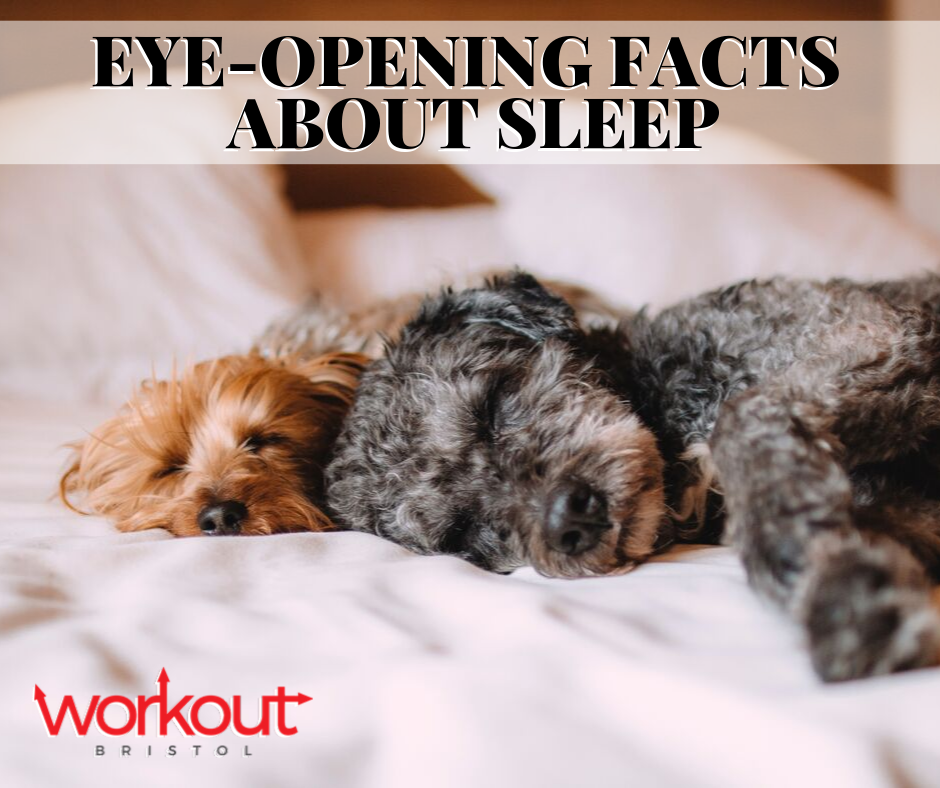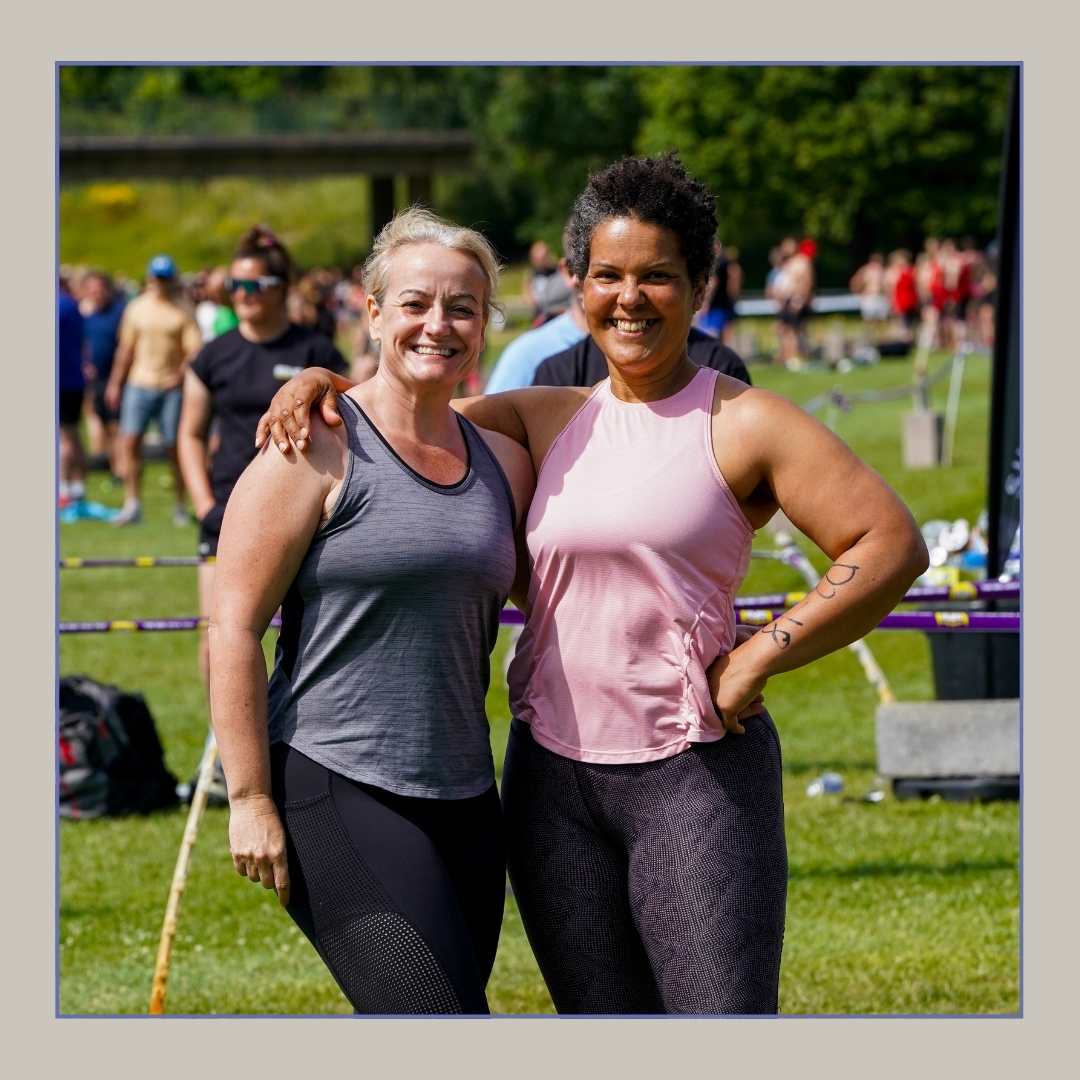
Eye-Opening Facts About Sleep
Halloweekend activities have you losing sleep?
Our friends at Disturb Me Not have recently published an interesting Infographic with 80 Eye-Opening Stats & Facts About Sleep.
Because sleep (along with proper nutrition and regular exercise) plays a very important role in our overall health and wellbeing, we're summarising the most important aspects of their studies... as we shouldn't be neglecting this aspect of our lives in the way so many do. We hope this will help recognise the importance of sleep, and realise that we shouldn't be taking it for granted!
A TIMELINE OF HISTORICAL SLEEP TRENDS
- Before modern day society, Egyptians, Greeks, and Romans worshipped sleep gods.
- In the early 17th century, French researchers began to record sleep studies and sleep journals to track dreams.
- In 1903, the very first sleeping pills were introduced onto the market.
- In the 1970s, the very first peer-reviewed medical journal, entitled "SLEEP" was published.
- In the 1990s, we saw an influx of sleep labs and treatment centres to cater to sleep studies and disorders.
ABOUT THE SLEEP STAGES
- Throughout the night, your body goes through a sleep cycle about 4 to 5 times.
- Each sleep cycle is made up of 5 stages, and last approximately 90 to 120 minutes.
- You should be getting about 4-7 hours of non-REM sleep, and 90-120 minutes of REM sleep.
- You might be wondering: what's the difference between REM and non-REM sleep? REM stands for rapid eye movement. During REM sleep, your eyes move quickly in different directions. That doesn't happen during non-REM sleep. First comes non-REM sleep, followed by a shorter period of REM sleep, and then the cycle starts over again.
- According to research studies, the ideal length of sleep is 6 to 8 hours per night... this of course, varies based on age and other factors.
- Aviva's health check estimates that about 37% of the UK population suffers from insufficient sleep.
IMPROVING SLEEP QUALITY
- Try to go to sleep around the same time every night, even on weekends! This goes for your wake-up time as well... yes, even on weekends.
- Participate in aerobic exercise 3 to 4 times per week, up to 3 hours before bedtime!
- Your bedroom should ideally be quiet, dark, and cool, with only a moderate amount of white noise in the background.
- Get comfortable - back or side sleeping tends to result in better quality sleep than stomach sleeping.
- Avoid caffeine, sugar-y drinks, and alcohol 2 to 3 hours before bedtime. Again, this might depend on your personal preferences and tolerance.
- Similarly, using technology before bedtime typically results in difficulty falling and staying asleep, poorer sleep quality, and other negative side-effects. Try to avoid devices at least 1 hour before laying down for the night, or install a blue light filter on your devices to help minimise the effects.
Interested in reading further? Head over to Do Not Disturb's infographic to educate yourself on a good night's rest!







